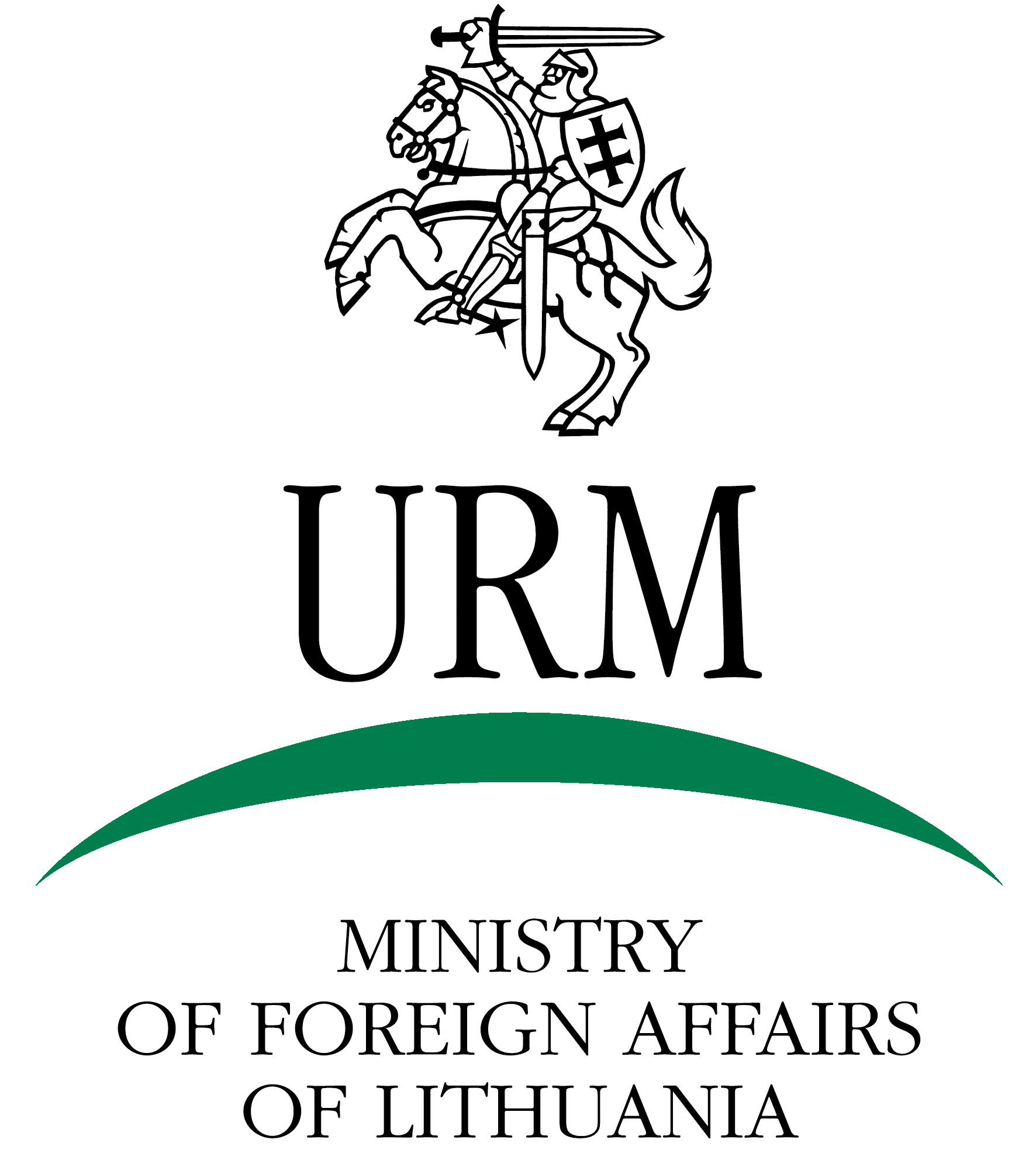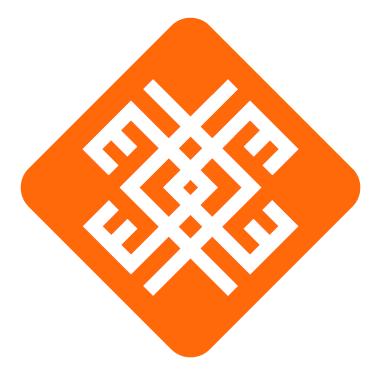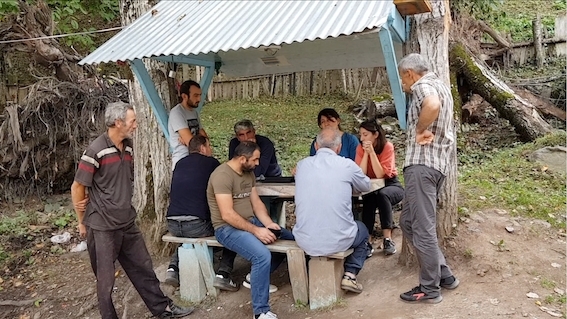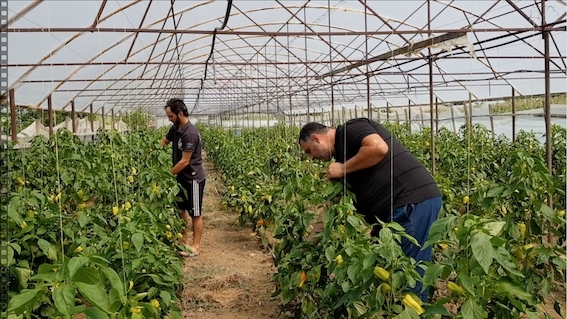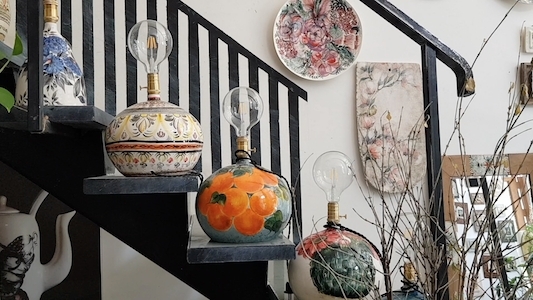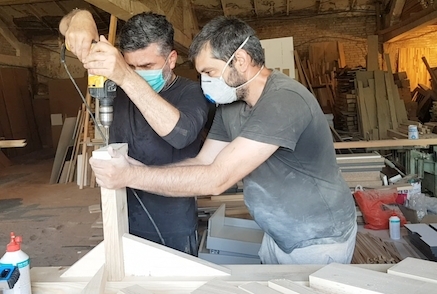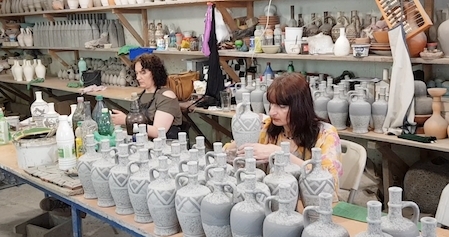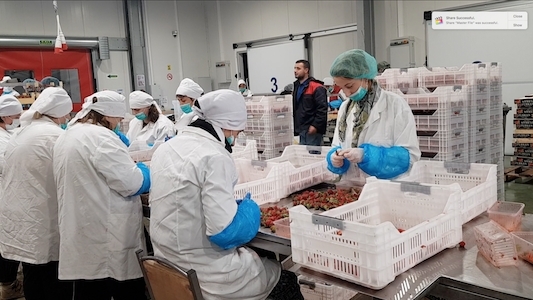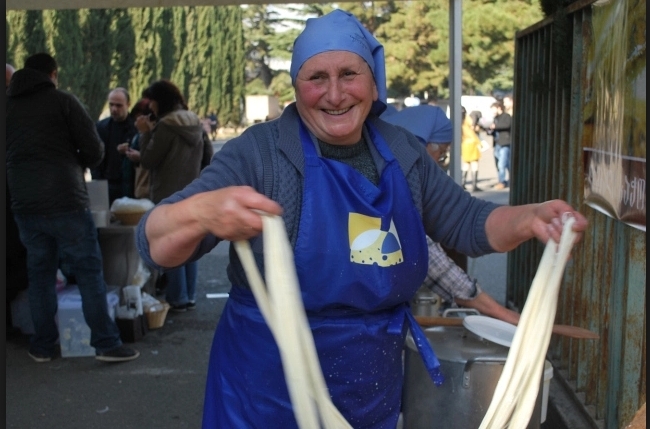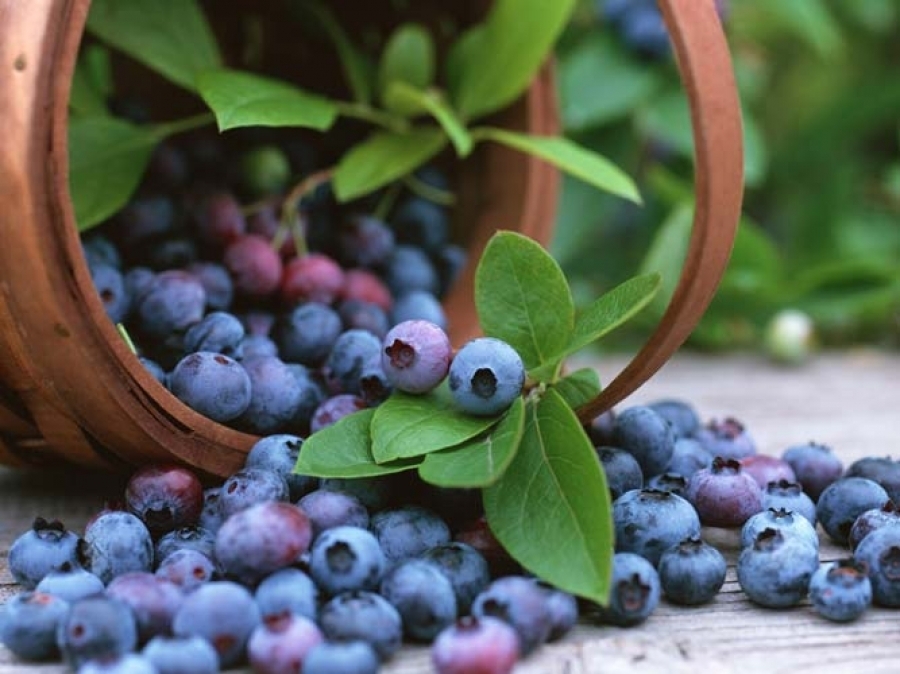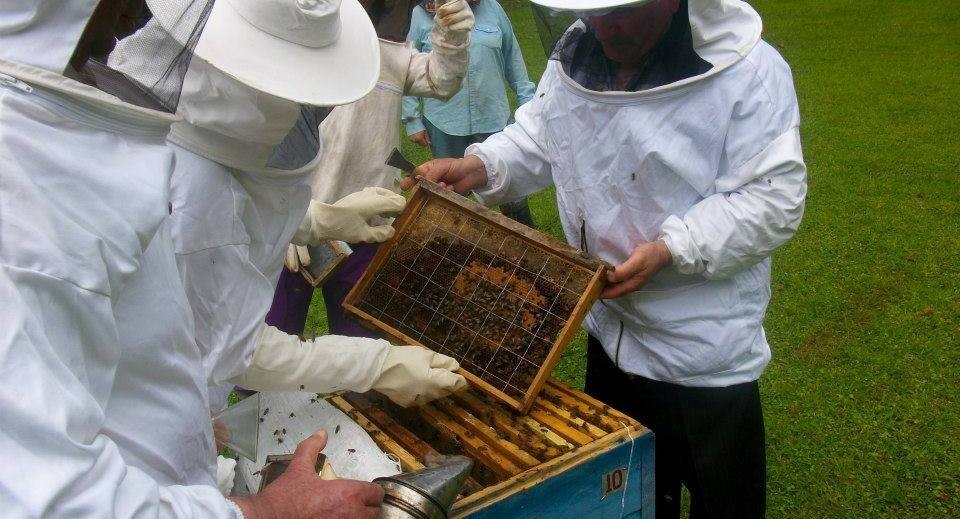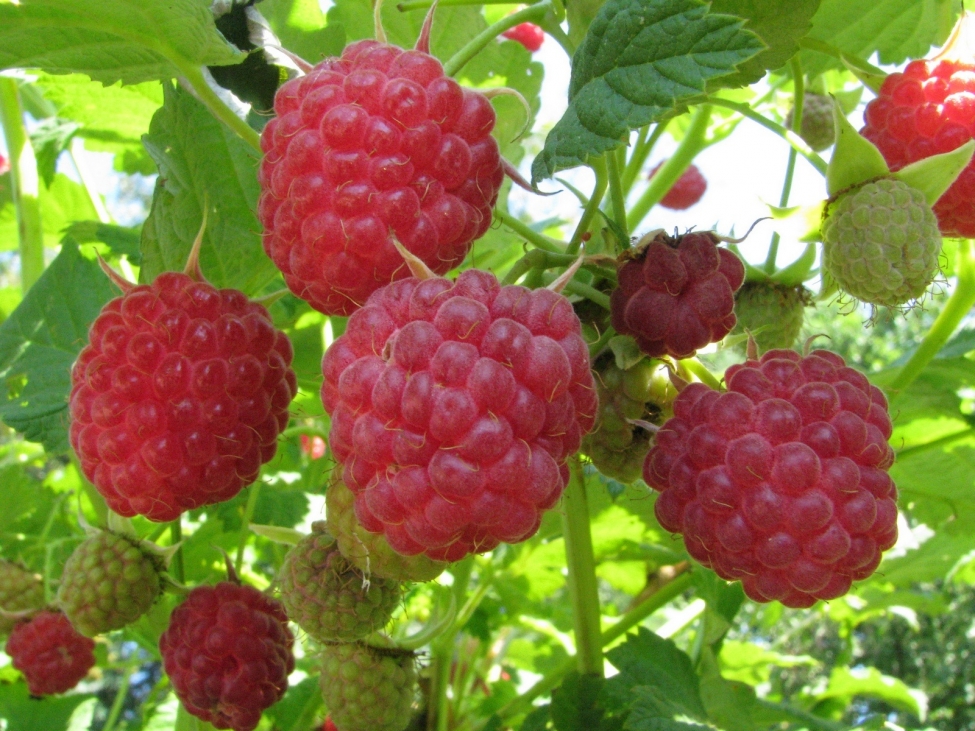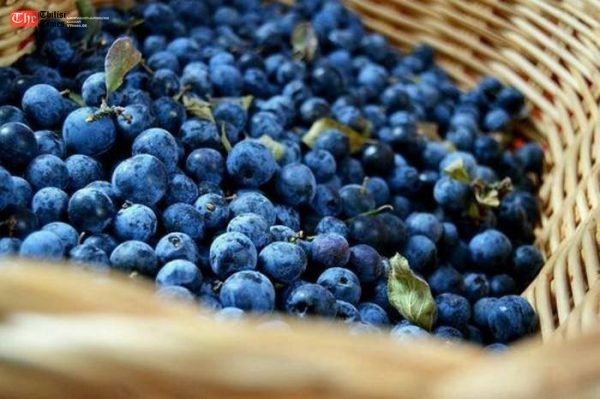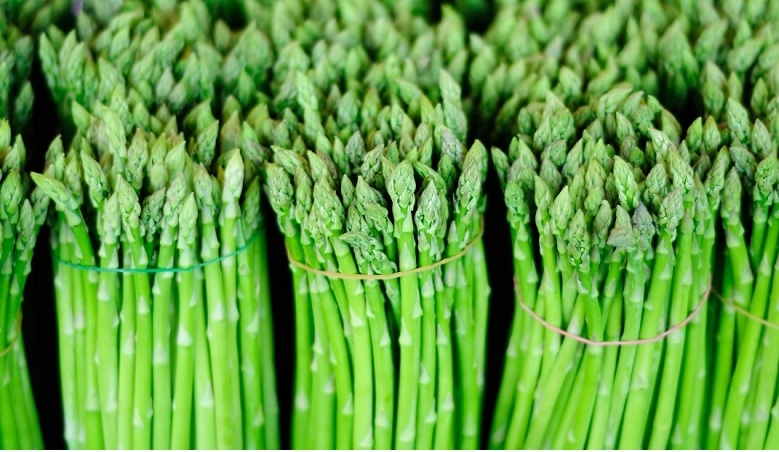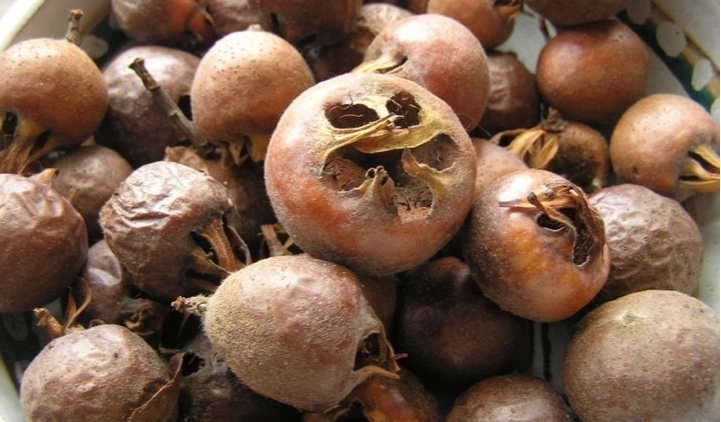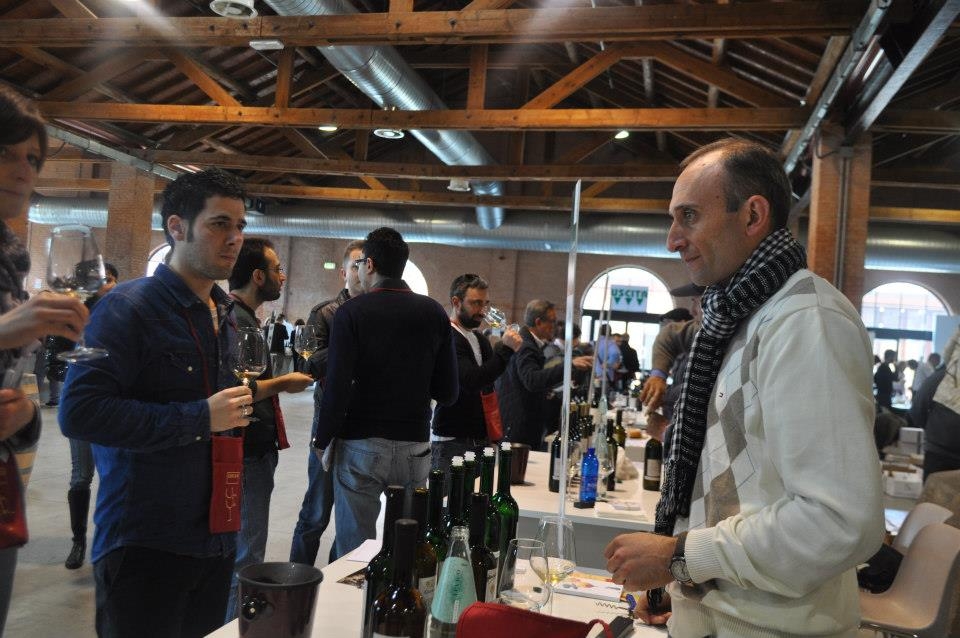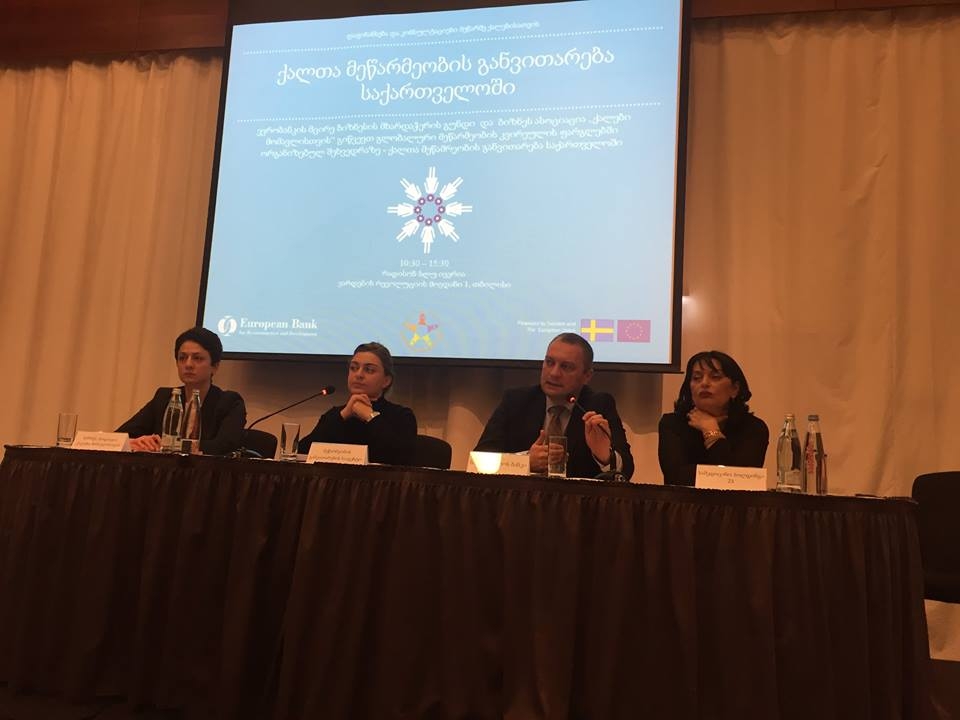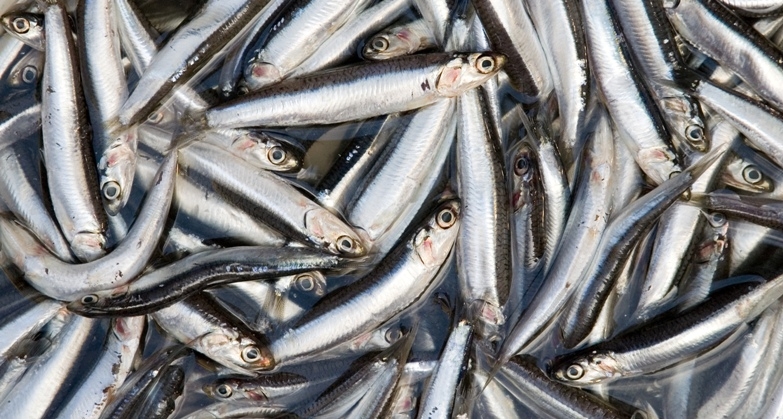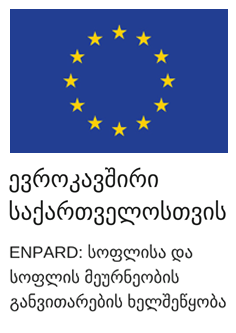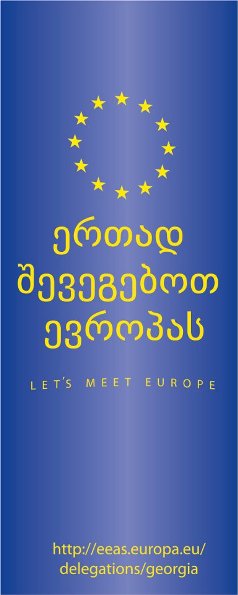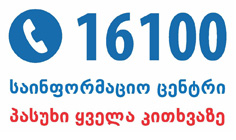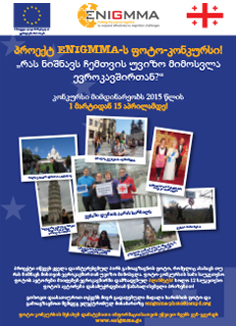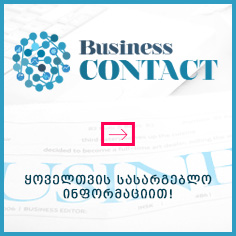"EU will not accept contaminated honey"

(Summary)
On May 16-18, by the invitation of “In Depth Reporting and Economic Analysis Center, beekeeping specialists from Lithuania visited Georgia. Virgilius Sculskis and Tauvidas Bloznellis held meetings with Georgian beekeepers and representatives of the Beekeepers Association. They conducted lectures and practical courses in Akhaltsikhe, with local farmers and Kachreti College students who specialize in beekeeping. Lithuanian experts shared with them Lithuanian experience in honey production and export, as well as European standards. Beekeepers were also advised on how to export honey, how to market their products properly, and how to find partners and customers.
How does the Lietuvas government help the beekeepers?
The EU and the state government provides significant financial assistance to Lithuanian beekeepers. The National Association of Beekeepers can apply to the government for assistance. The farm, which has up to 19 beehive, can also apply. The cost of purchasing new beehive is 70% state-funded, no more than 80 euros for a per bee family. One beneficiary can purchase up to 5 new beehives under the subsidy.
Beekeepers with at least 20 and no more than 39 beehives can seek financial support to improve product quality. One applicant receives 70% funding for a single event, 300 euros for a hand extractor and 900 euros for an electric extractor. € 500 is provided for the stainless steel table; 600 Euro - for stainless steel container.
Beekeepers receive funding for transportation. The beekeeper, who has at least 40 beehives, can address to the government for help. Compensation in this case covers 70% of the costs, up to a maximum of € 900. The farmer receives compensation for the necessary vehicle or its accessory.
The government is also funding the analysis of honey and other beekeeping products. No more than € 300 is budgeted for one laboratory test of a honey sample. 70% (up to EUR 5 700) is paid for the purchase of laboratory equipment.
Also, 70% is covered in case of fighting against bee diseases. 86 euro-cent is provided for a single beehive, however, if larger scale measures are needed, the government's financial contribution is higher.
Support for small farms
The state has separate programs for small and micro farms. The maximum amount of funding is 15,000 euros, including the costs for preparing business plan. The beekeeper receives 80% of the funding in the first year, and if the business plan is implemented, the farmer receives the remaining 20% after that.
Beekeepers receive financial support from the government for a small supply chain of up to € 9,000. If 4 or more producers are involved in the project, the amount will increase to 120,000 euros.
Beekeepers’ training, participation in conferences or exhibitions, study tours abroad, including training of young beekeepers, and publication of the Association's educational reports are fully funded be the government.
Author: Nona Kvlividze
The article is prepared with the financial support of the Ministry of Foreign Affairs of Lithuania and "Development Cooperation and Democracy Promotion Programme."
